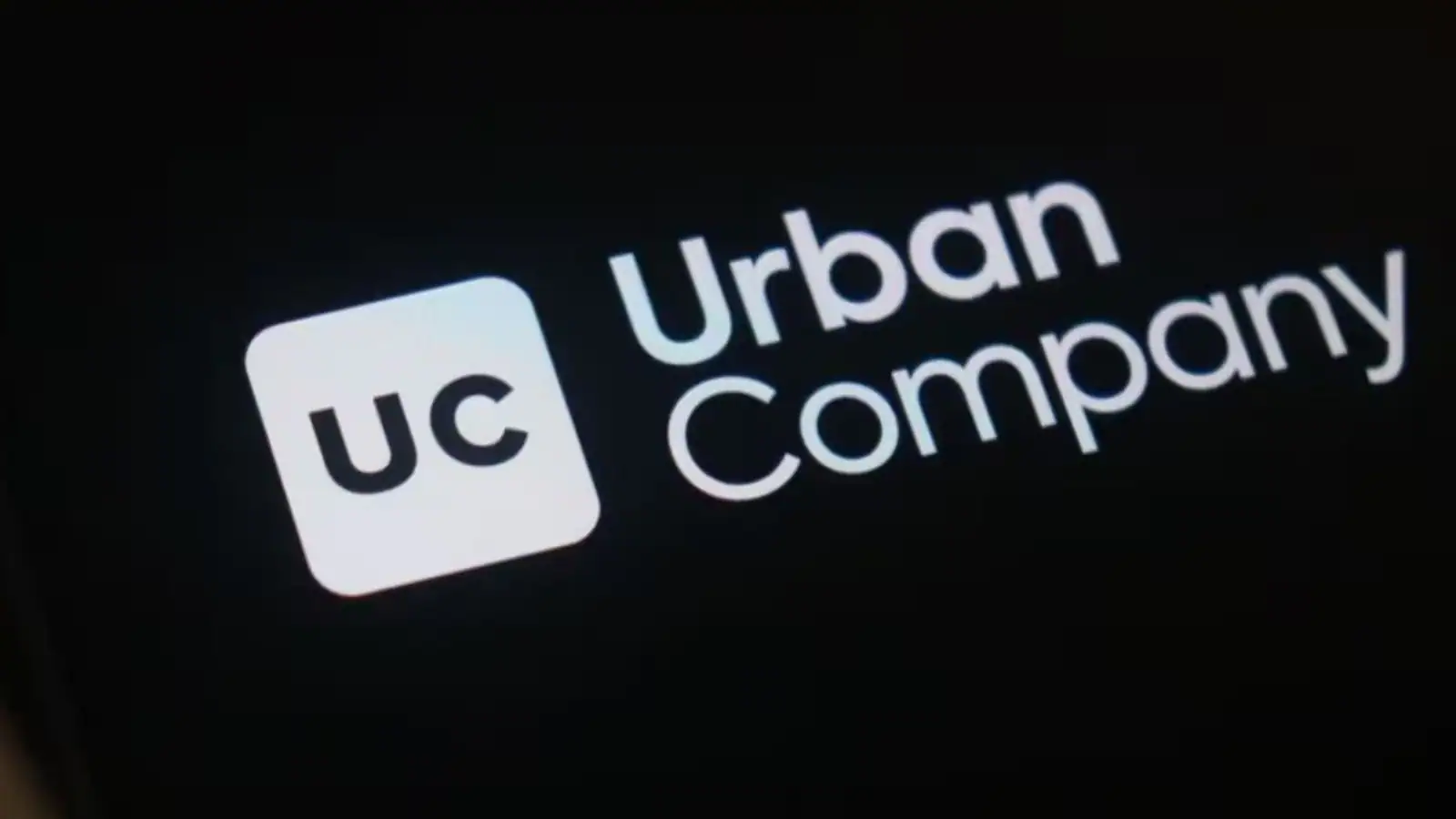By Aparna Deb,News18
Copyright news18

Urban Company Ltd. plans to significantly expand its at-home services offered within an hour, CEO Abhiraj Singh Bhal told Reuters, underscoring the growing appeal of quick commerce in India.
“Given the frequency and relevance to the average Indian middle-class household, instant services are a category that will become very important,” said Bhal. “It could create a strong strategic moat around our core business and a strong engagement driver.”
The company will make “meaningful” investments over the next 2–3 years to strengthen its network of service professionals in key markets, enabling faster delivery. Bhal acknowledged that this strategy could pressure profit margins in the near term, adding:
“I think it’s going to take some labour along with some capital to really build the business before it breaks even.”
Traditionally, Urban Company allowed customers to schedule services such as facials or faucet repairs for later. Its new focus on speed complements this model. Recently, the company launched ‘Insta Help’, enabling users to book domestic workers within 15 minutes.
As of June 30, the platform had 7.02 million annual transacting customers, per its IPO offer document. According to Grand View Research, India’s online on-demand services market is expected to grow at a 22.4% CAGR between 2023 and 2030.
Urban Company went public on September 17, listing at a nearly 60% premium. Shares gained as much as 73.78% on debut before closing at Rs 169.00, up 64.08% from the IPO price. The performance valued the company at $3 billion (Rs 26,700 crore).
Analysts attribute the strong listing to Urban Company’s dominance in India’s largely unorganised home-services market, where competition from regional and offline players is limited.
“Investor excitement stems from viewing this as a structural long-term play on digital adoption and a proxy for the rising demand in home services,” said Aishvarya Dadheech, founder of Fident Asset Management.
The rally also reflects growing investor appetite for domestic-focused companies, boosted further by the government’s recent GST reforms that made essentials like soaps and small cars at least 10 percentage points cheaper.
Urban Company faces rising competition from startups such as Pronto and Snabbit, which offer ultra-fast services like dishwashing, laundry, and cleaning in as little as 10 minutes.
“Once they figure out the economics (of instant services), this can actually become the next big thing,” said Karan Taurani, analyst at Elara Capital.
However, challenges remain. “For the logistics to work, for the economics to work, it’s not easy, and the operations are not easy,” said Ashish Dhir, senior director of consumer and retail at 1Lattice. He added that scalability could be difficult if service professionals cannot take on additional requests, limiting growth potential.
“For a big player such as Urban Company, in a way, it can work out in certain phases such as during festive seasons,” he noted.



